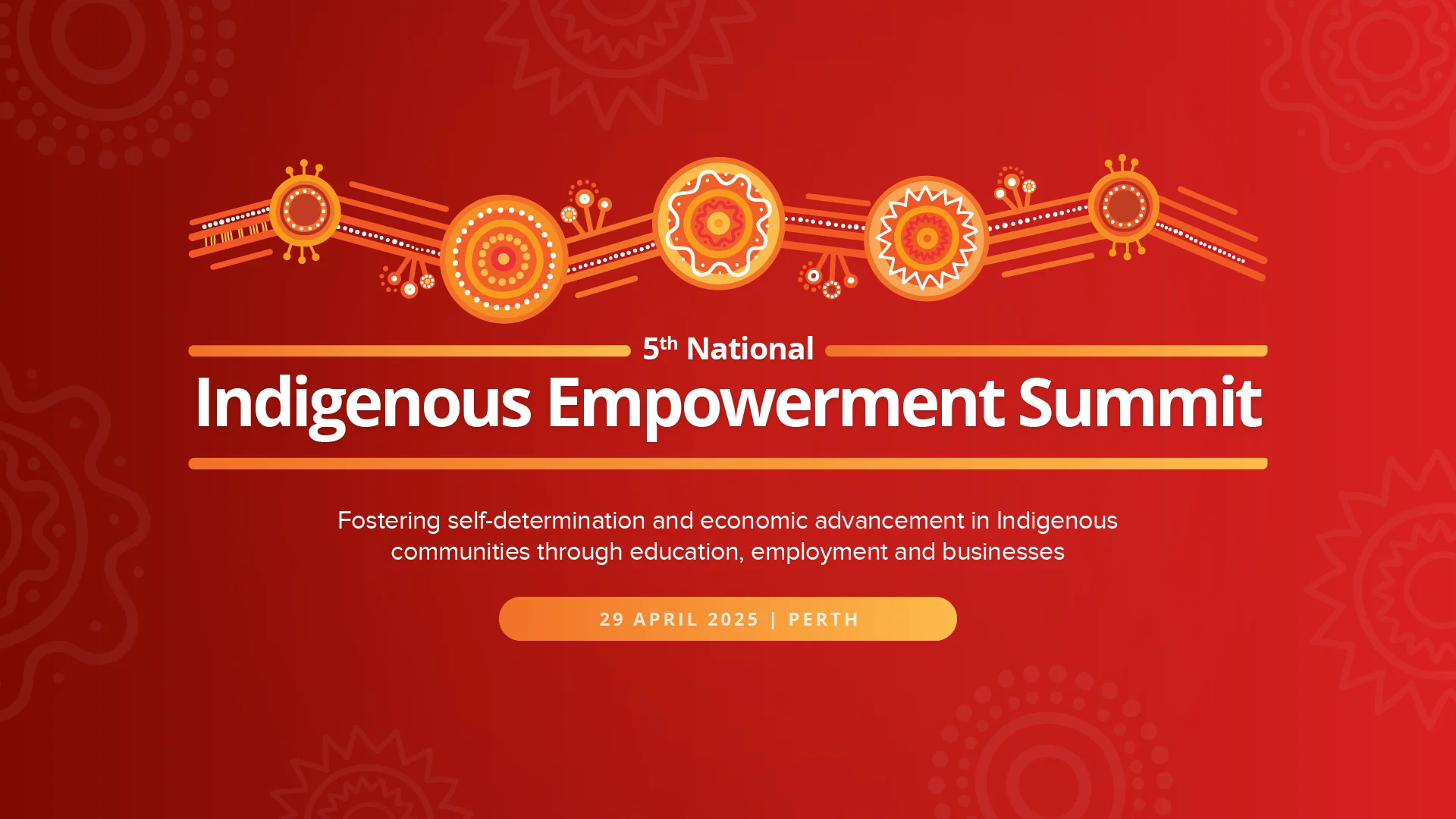You’ve fine-tuned the figures, set goals, and delivered your annual budget. But what’s next?
An approved budget is just phase one; ongoing skilled budget management makes all the difference.
Whether you’ve spent days crafting the budget details or have just walked into a new role and been handed an unfamiliar budget to work with, how you manage that budget is critical.
For NFPs, understanding the key traps and tips will improve your progress. Learn how to navigate any potential obstacles to achieving your budget goals.
Budget management traps for the inexperienced
The fundamental error with budgeting is taking a ‘set and forget’ approach. Be prepared from the outset to monitor your budget, feed in up-to-date figures every month and keep on reviewing your forecasts.
To avoid common pitfalls:
- Don’t leave budget tracking to the end of the financial year, do it monthly at a minimum
- Be aware of cash flow issues in particular, such as the cash flow implications of major purchases like IT equipment or vehicles plus insurance payments
- Be flexible enough to accommodate minor changes and prepared for re-forecasting
- Where negative figures are substantial and necessitate financial intervention or major pivots, be prepared for an overhaul of the budget
- Don’t overlook the possibility that your organisation might do unexpectedly well, and the budget may need to accommodate unforeseen positive developments.
How to start budget monitoring
Your organisation’s budget needs to be monitored, with ongoing measurement of actual expenditure and income against the budget.
The recent Covid-19 pandemic introduced many unknowns that were disrupting budget makers. In situations that create considerable uncertainty, like the pandemic, you must track financials in greater detail, more frequently, and forecast regularly.
The first step in effective budget monitoring is to upload your budget to a suitable accounting system.
Look for software to monitor the budget, which will offer the following:
- compatibility with the existing system
- customisation to match your organisation’s requirements
- real-time monitoring
- clear reports for staff or board members who don’t have accounting expertise.
The monitoring process
Note that you may need to monitor daily rather than monthly at critical times.
After your first-month results are in, monitoring involves these steps:
- Make a budget comparison
- Considering actual figures, re-forecast how you think the rest of the year will go
- Repeat this process each month at a minimum
- Keep the projected end-of-year result in sight
- Reforecast and adjust assumptions where the internal or external operating environment has changed substantially
- Communicate results with the relevant parties – such as CFO, CEO or Board members.
- Consult with them to ensure they understand the forecasts they have committed to. Answer queries, encourage buy-in, flag key issues, and update the next budget accordingly.
The process is important to ensure your organisation meets its budget. Larger ACNC member charities will need it for reporting public information. It can also inform grant acquittals.
Seek outside expertise
If you encounter difficulties managing the budget and need more resources inside your organisation to help, an external accounting team can provide expertise and solutions.
If you get the right people on board, you can profit from their knowledge of the NFP sector.
The ways an accounts service can help you manage the budget include the following:
- Analysis and financial modelling
- Stress tests of your budget
- Grant acquittals
Set up your organisation for success
The aims of a smoothly managed budget include accurate tracking, sound comparisons of financial data, useful forecasting and financial early warning alarms. These will enable your organisation to look ahead with clarity.
A solid foundation for constructing the next budget is a desired outcome of good management.
For NFPs, especially, reducing organisational stress by being prepared for change and having action plans already in place is another important outcome.
Most budget managers encounter problems; the successful ones have the will to explore solutions and learn from any errors they make. To maximise your capacity to manage, external accounting expertise may help.
Let us help you put your budget to work. Book a free 15-minute consultation today!
Related: COVID-19 and the leap forward to digital and outsourced professional services












